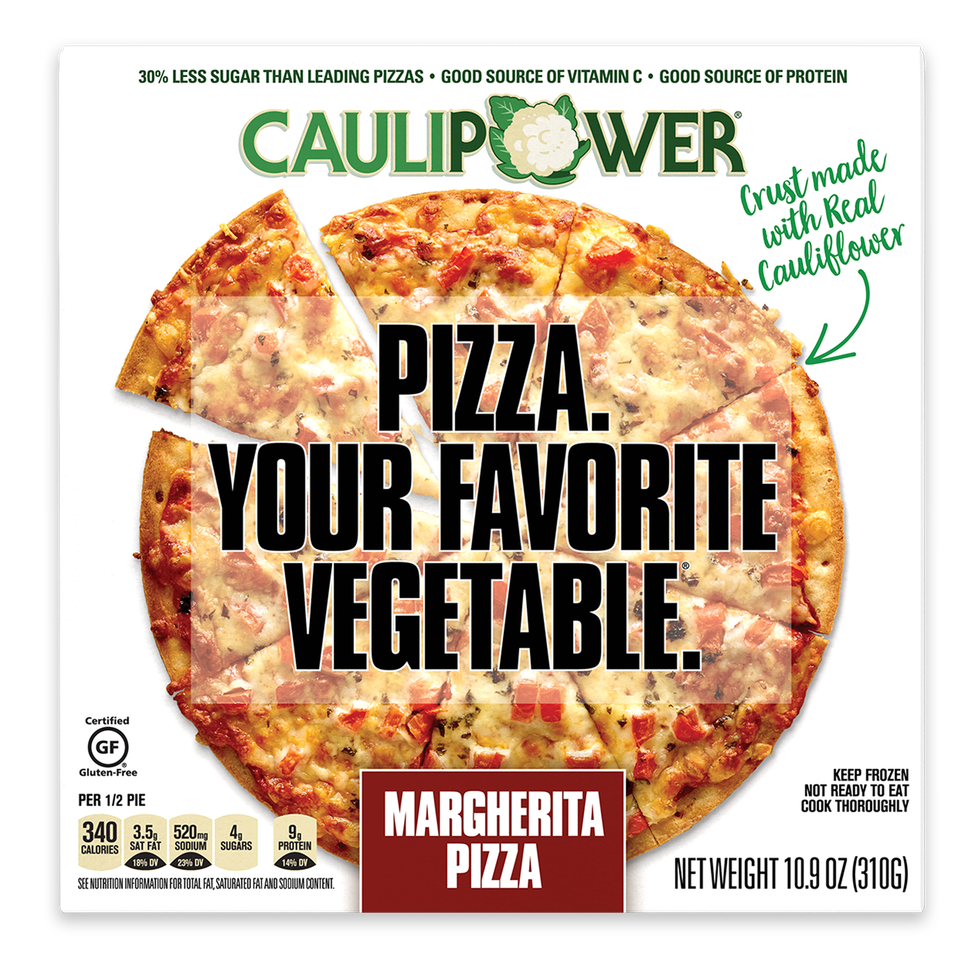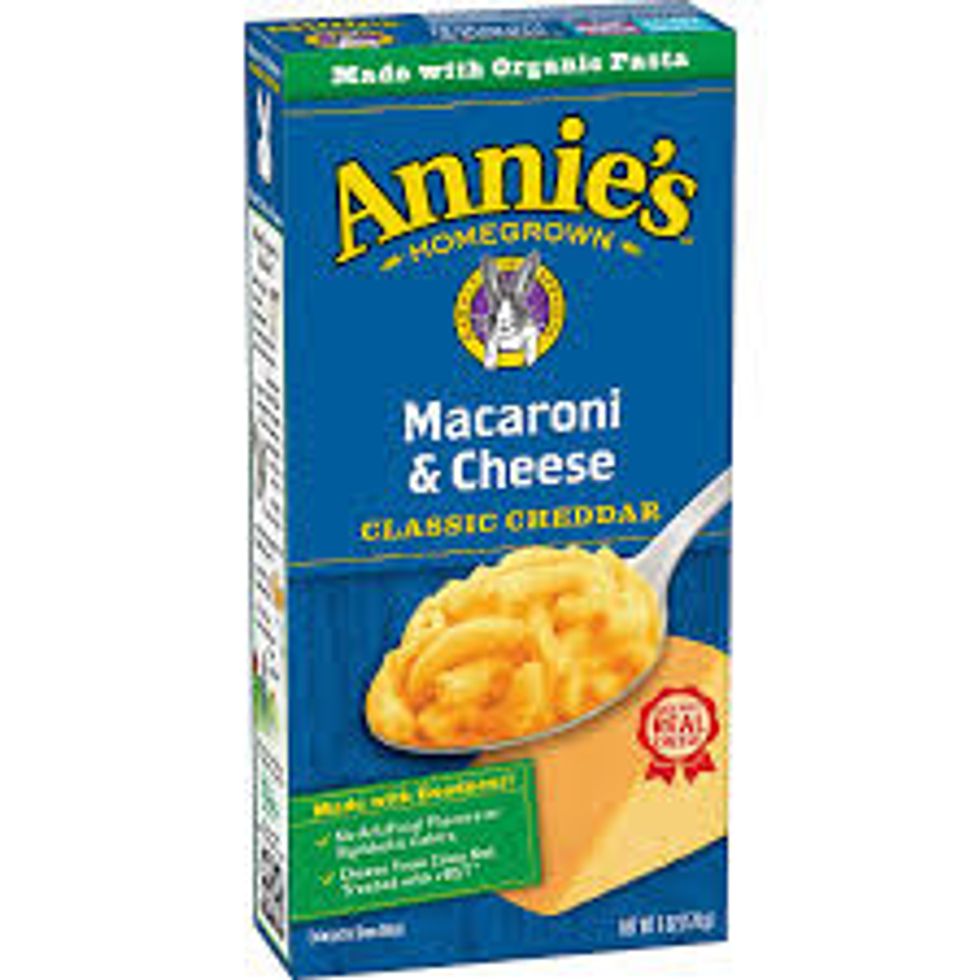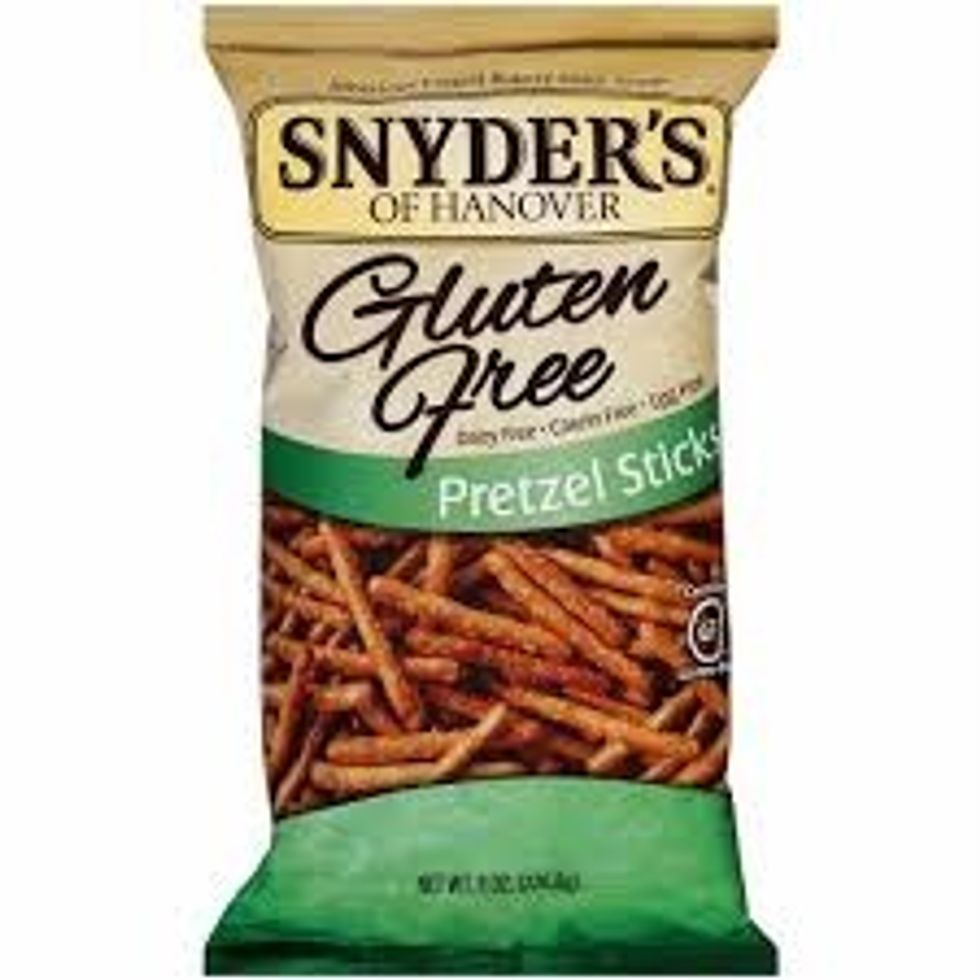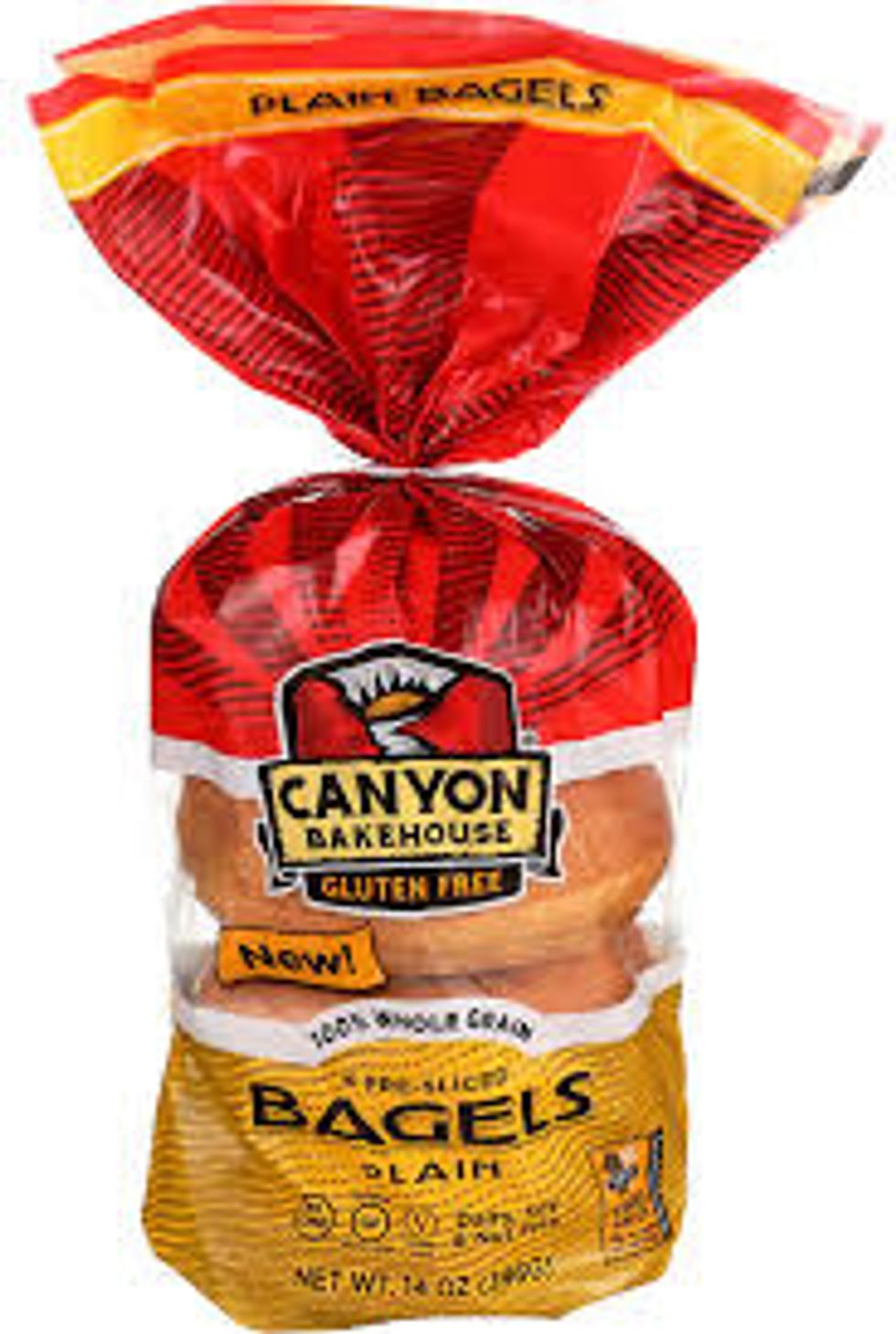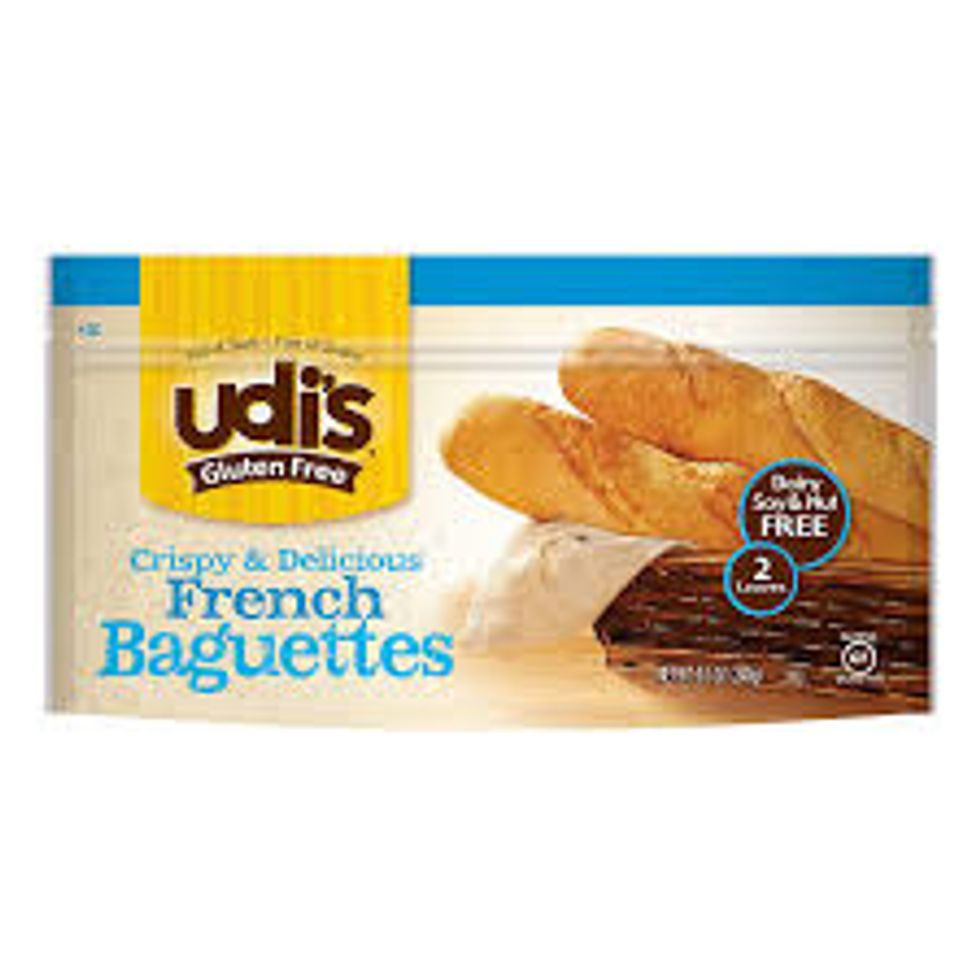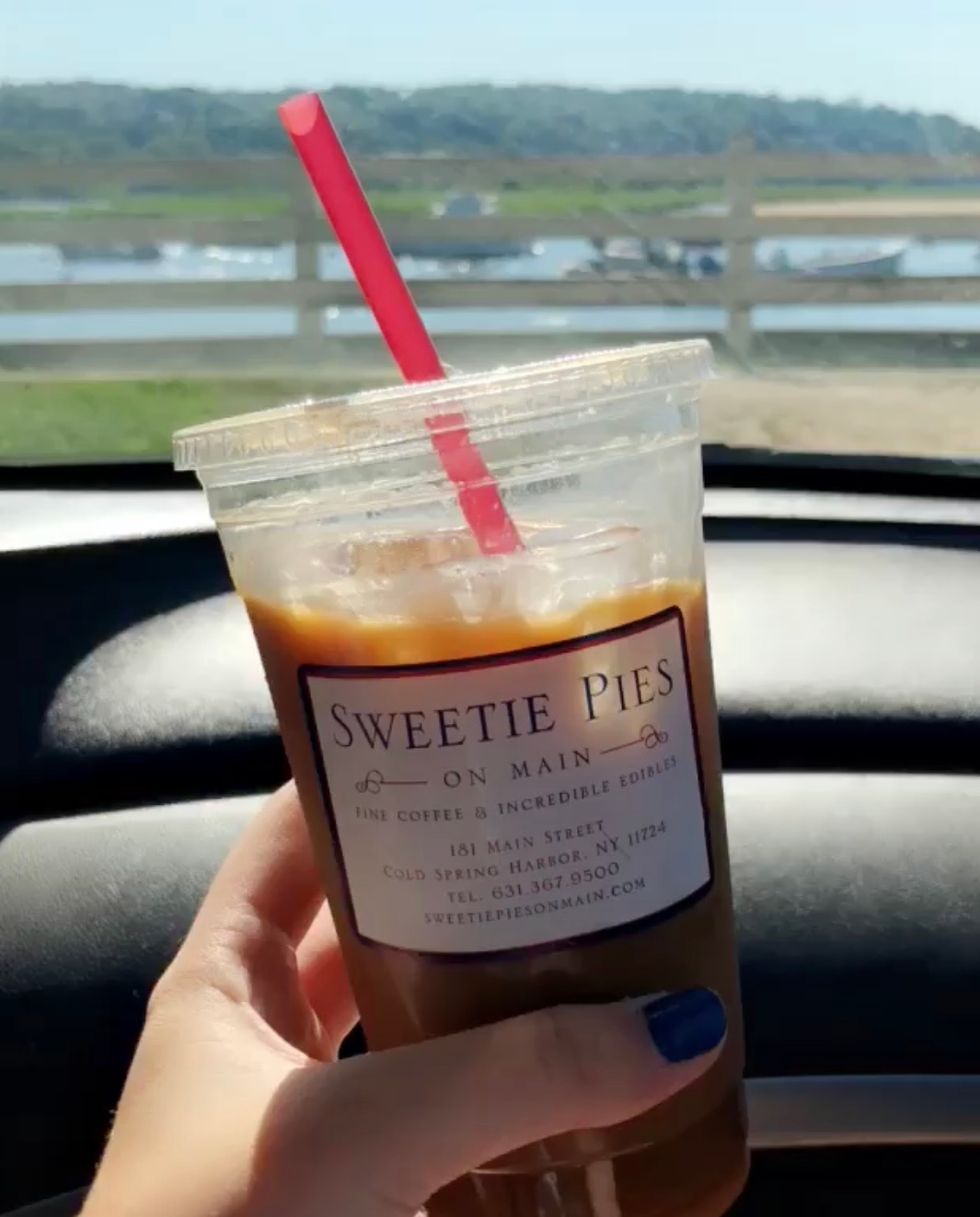5 Small Businesses To Get High Quality, Fresh Produce From In Providence, Rhode Island
Why and where you should be shopping local in Providence, RI
We've all heard the phrase "shop local," during the pandemic to encourage the support of small businesses, but what does "shopping local" really mean and why should we do it?
As college students, the cheapest deals for things like food, furniture, and clothes usually come from corporations who can afford to sell their products for lower prices because they have a large consumer base, many store locations, or may not be using the highest quality materials.
Though a bargain may seem better, there are downfalls to shopping at large corporations.
You should be shopping locally.
This summer while working on a small organic vegetable farm in Massachusetts, it quickly became evident that there are major differences between the food from a small farm versus a corporate grocery store in terms of quality, appearance, and distance traveled for consumption.
The majority of the fruits and veggies found in large U.S. grocery stores are not grown in the same state as the stores, and often, not even grown in the US at all.
According to the FDA, the US imports 32 percent of its fresh vegetables and 55 percent of fruit from other countries, while most other fresh produce is grown in temperate states like California.
As someone who lives on the opposite side of the country from California, and even further from Central and South America (our other main produce suppliers) this statistic makes me question how fresh my "fresh" fruit really is.
Think about the avocado on your toast this morning, or the banana in your smoothie. In order for that avocado to end up as a delicious part of your breakfast, it most likely traveled over 2,200 miles from Mexico, across the US, and eventually into your grocery store where it sat for a few days until it was chosen by you.
I don't know exactly how long that journey takes, but I do know that there are ways to avoid buying foods that have done more traveling than you have all year.
My first suggestion is to get connected to the area you live in by researching local farmer's markets, farms, and small grocers. Farmer's markets are especially good places for finding locally sourced food because they bring together a variety of small farmers.
They give you the opportunity to talk directly with the farmers, ask them questions about their farming methods (organic or not), and create personal relationships with those who produce food in your community.
Not only is it important for your health to know where your food is coming from, how it's being grown, and how recently it's being picked, but shopping locally also reduces your personal environmental impact.
The food you're buying isn't using fossil fuels to travel across the country, harmful chemicals aren't being used if you buy organic, and you're choosing to support a business that is using less environmental resources than a large corporation.
We all deserve to be eating fresh, clean, healthy foods (especially after eating at Ray for years) so the next time you go grocery shopping, consider going to these local food spots.
- Hope Street Farmers Market (every Saturday 9-1),
- Urban Greens Market Co-op (a small grocer in downtown Providence selling local farm produce)
- Farm Fresh RI (find a Rhode Island farm selling the products you want)
- City Farm of Providence (volunteer opportunities available seasonally)
- Visit litterless.com for more places to shop sustainably in your area



